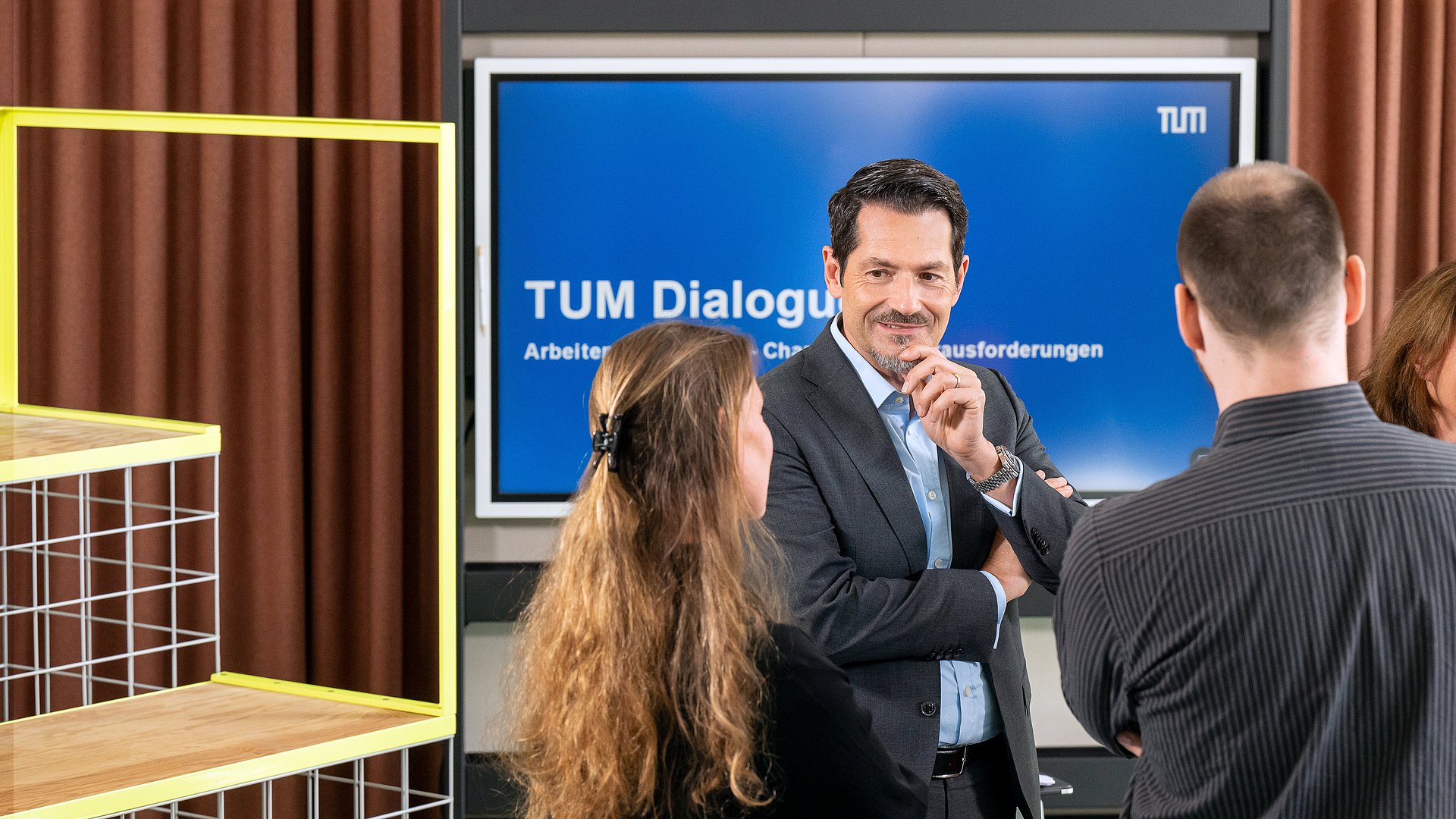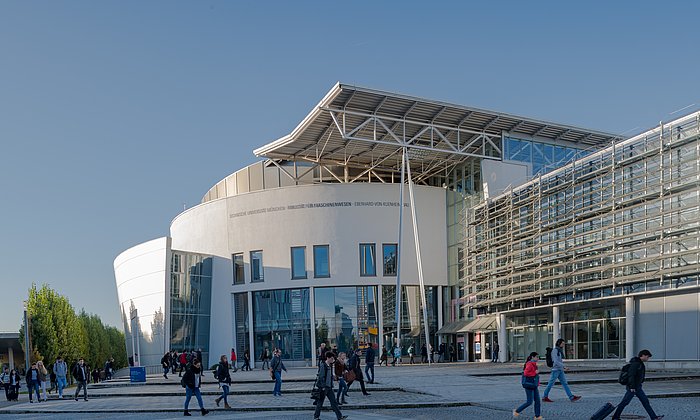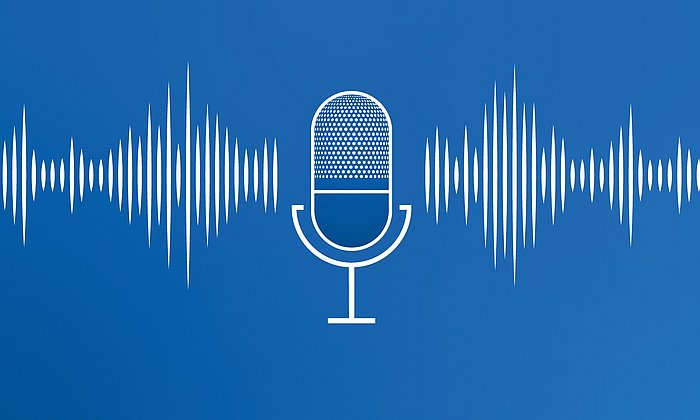Interview with Thomas F. Hofmann
"I'd like to encourage everyone to experiment"

TUMcampus: Mr. Hofmann, the first step has been taken in the next funding round, which starts in 2026…
Thomas F. Hofmann: Right, it's an important step, and this always an exciting moment. We're very pleased to have been asked to submit full applications for three new clusters. All three clusters are pursuing ambitious research on especially important questions. And of course we want to be completely convincing in the final assessment round – and we also want to showcase the four clusters at TUM which are already receiving support.
What are the decisive qualities in this competition for excellence?
Perseverance and hard work are important, since this is a long competition – now once again we're right in the middle of things, even if the current funding period will continue until 2026. In addition to that, you definitely need enthusiasm for new things, since you have to be courageous and constantly dare to do new ideas in order to excel and succeed in the competition. This naturally works best in the form of teamwork: You essentially go through a competition like this together with the entire university. We as a community look to see how we can become even better. Ambitious objectives and a visionary posture are very important as well. You only acquire this posture is when you're driven to compare yourself internationally with other universities. You have to set benchmarks for yourself and look at where you can improve.
And how did you decide which research clusters the university would enter into the competition?
All four of the existing clusters [e-conversion, MCQST, ORIGINS and SyNergy -- Ed.] will once again join the race, since from our point of view all of them have developed excellently. Selecting new initiatives is indeed difficult, especially when you have a lot of ideas. This time TUM generated 22 ideas for new cluster initiatives. I think that's fantastic, because it shows how many people really want to move our university ahead and achieve things in the various fields of science. By way of comparison: In 2014 the university generated a total of about ten initiatives, around half the number we have today, which is a fantastic development! That makes it all the more difficult to select the initiatives you think have the greatest chances of winning. The level of competition is tremendous. And it's important to make sure that you only motivate those initiatives with the greatest potential of succeeding to submit a complete entry, since this involves at least a year of intensive work.
Then being chosen to submit a full entry is still no guarantee of success…
Exactly, which is why it also takes a lot of courage. Some potential candidates are intimidated by the amount of work involved and say: 'I'm not even going to try, since it might otherwise turn into a giant time-sink.' We should be doing exactly the opposite: We need the courage and pioneer spirit to give it a try nevertheless. And here the entire university has to stick together and provide strong support. It's exactly the same in the assessment phase: Everyone contributes, scientists, non-scientific employees, the Board of Management, in order to make the cluster ultimately successful. It is a real joint effort.
How has TUM managed to stay successful as a University of Excellence for over 20 years?
By constantly calling the conventional into question and daring to do new things which can move the German academic system ahead. Taking a look back: After the first funding round in 2005 for example we established our TUM Institute for Advanced Study. That was entirely novel at the time. Then a couple of years later, in 2010, the TUM Graduate School was founded – the first time a German university offered an independent structure for doctoral education. Two years later, we established the TUM Faculty Tenure Track. The current funding period includes the TUM Institute for LifeLong Learning and the university's system of schools. All of these things were or are new to Germany in this form. And now a few years down the road, if you see how other universities are following our example and adopting our elements – then I think we must have done something right. This illustrates our exemplary role in the continuing development of the German academic landscape as a whole, and that has to be our objective.
How can the university as a whole do its best to achieve this objective?
Everyone can be willing to exchange on their differing perspectives. I think true progress occurs when different points of view encounter one another and have an impact on one another, when students, scientists and employees contribute their various different ideas, stir up creative unrest, while keeping an open mind and remembering to appreciate one another at the same time – that is the key to success. It also means responding positively to failure. I want to encourage everyone to experiment, even at the risk of making mistakes or not getting the results you want from a particular project. That is how we learn what we can do better the next time around.
The Excellence Strategy of the German federal and state governments supports highest-level scientific performance and research partnerships and raises the profile of German universities. The program consists of two funding lines: the Excellence Clusters, research focus areas usually at more than one university, and the Universities of Excellence. In a second step those universities that acquire at least two Excellence Clusters can then submit a comprehensive concept, based on which the title of "University of Excellence" is awarded.
Technical University of Munich
Corporate Communications Center
- Andreas Schmidt
- tumcampus@tum.de
- presse@tum.de
- Teamwebsite



